Supreme Court Term 2025-2026
We’re breaking down the cases we've asked the court to consider this term.
Latest Case Updates
Ongoing
Updated February 18, 2026
Ongoing
Updated January 26, 2026
Ongoing
Updated January 16, 2026
Ongoing
Updated January 9, 2026
Featured
Missouri
Feb 2026
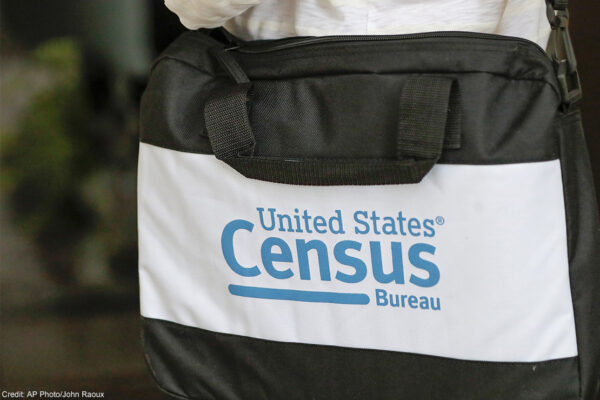
Voting Rights
Missouri v. U.S. Department of Commerce
A coalition of civil rights and immigrant-rights organizations has moved to intervene as defendants in a lawsuit that threatens to dismantle the Constitution‚Äôs long-standing requirement that the decennial census count all people living in the United States. Missouri asks the court to exclude undocumented immigrants and people living in the country on temporary visas from the census count used to determine congressional representation‚ÄĒan unprecedented move that would upend more than two centuries of constitutional practice.
Mississippi
Dec 2025

Voting Rights
White v. Mississippi State Board of Elections
District lines used to elect Mississippi’s Supreme Court have gone unchanged for more than 35 years. We’re suing because the current lines crack the Mississippi Delta and dilute the voting strength of Black Mississippians in state Supreme Court elections, in violation of the Voting Rights Act.
Court Case
Dec 2025

National Security
Human Rights
FOIA Case Seeking the Trump Administration’s Legal Justification for Deadly Boat Strikes
The Department of Justice‚Äôs Office of Legal Counsel (‚ÄúOLC‚ÄĚ) authored a legal opinion that reportedly claims to justify the Trump administration‚Äôs illegal lethal strikes on civilians in boats in the Caribbean Sea and eastern Pacific Ocean. Media reports indicate that, in addition to claiming that the strikes are lawful acts in an alleged ‚Äúarmed conflict‚ÄĚ with unspecified drug cartels, the OLC opinion also purports to immunize personnel who authorized or took part in the strikes from future criminal prosecution. Because the public deserves to know how our government is justifying these illegal strikes, and why they think the people who carried them out should not be held accountable, the ļž–” ”∆Ķ is seeking immediate release of the OLC legal opinion and related documents pursuant to the Freedom of Information Act.
U.S. Supreme Court
Dec 2025

Immigrants' Rights
Barbara v. Donald J. Trump
President Trump is attempting to undermine the promise of birthright citizenship to children born on U.S. soil. But the ļž–” ”∆Ķ and partners are fighting to protect the rights of citizens that are plainly stated in the Constitution, federal statute, and reaffirmed by the Supreme Court for more than a century. We‚Äôre arguing against the Trump administration in the Supreme Court and are confident we will win.
U.S. Supreme Court
Nov 2025

Voting Rights
Racial Justice
Allen v. Milligan
Whether Alabama’s congressional districts violate Section 2 of the Voting Rights Act because they discriminate against Black voters. We succeeded in winning a new map for 2024 elections which, for the first time, has two congressional district that provide Black voters a fair opportunity to elect candidates of their choosing despite multiple attempts by Alabama to stop us at the Supreme Court. Despite this win, Alabama is still defending its discriminatory map, and a trial was held in February 2025 to determine the map for the rest of the decade.
In May 2025, a federal court ruled that Alabama's 2023 congressional map both violates Section 2 of the Voting Rights Act and was enacted by the Alabama Legislature with racially discriminatory intent.
Washington, D.C.
Oct 2025

Voting Rights
League of Women Voters Education Fund v. Trump
On March 25, 2025, in a sweeping and unprecedented Executive Order, President Trump attempted to usurp the power to regulate federal elections from Congress and the States. Among other things, the Executive Order directs the Election Assistance Commission‚ÄĒan agency that Congress specifically established to be bipartisan and independent‚ÄĒto require voters to show a passport or other citizenship documentation in order to register to vote in federal elections. If implemented, the Executive Order would threaten the ability of millions of eligible Americans to register and vote and upend the administration of federal elections.
On behalf of leading voter registration organizations and advocacy organizations, the ļž–” ”∆Ķ and co-counsel filed a lawsuit to block the Executive Order as an unconstitutional power grab.
U.S. Supreme Court
Oct 2025
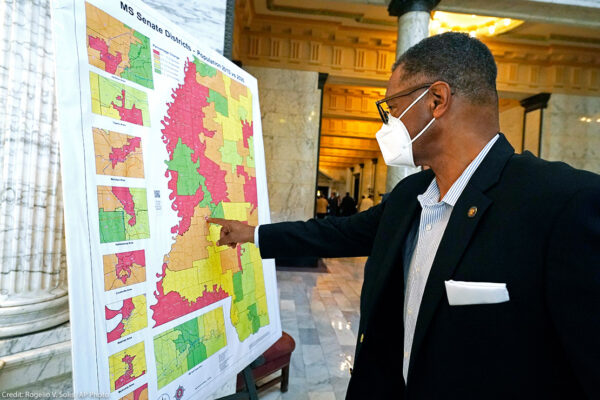
Voting Rights
State Board of Election Commissioners v. Mississippi State Conference of the NAACP
Mississippi has a growing Black population, which is already the largest Black population percentage of any state in the country. Yet. Black Mississippians continue to be significantly under-represented in the state legislature, as Mississippi’s latest districting maps fail to reflect the reality of the state’s changing demographics. During the 2022 redistricting process, the Mississippi legislature refused to create any new districts where Black voters have a chance to elect their preferred representative. The current district lines therefore dilute the voting power of Black Mississippians and continue to deprive them of political representation that is responsive to their needs and concerns, including severe disparities in education and healthcare.
U.S. Supreme Court
Oct 2025

Voting Rights
Louisiana v. Callais (Callais v. Landry)
Whether the congressional map Louisiana adopted to cure a Voting Rights Act violation in Robinson v. Ardoin is itself unlawful as a gerrymander.
Missouri
Sep 2025
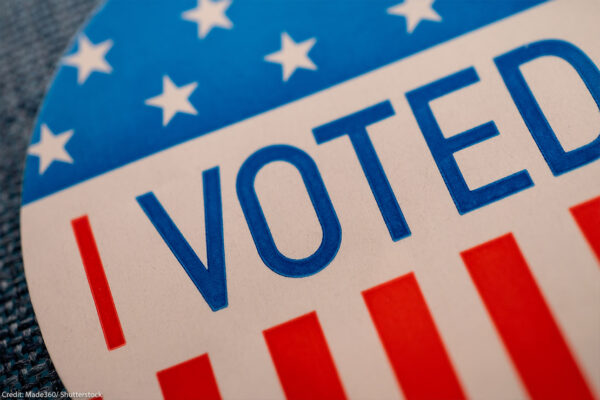
Voting Rights
Wise v. Missouri
In unprecedented fashion, the State of Missouri has redrawn the district lines used for electing members of Congress for a second time this decade. These new district lines are gerrymandered and will harm political representation for all Missourians, particularly Black residents in Kansas City, who have been divided along racial lines.
All Cases
1,676 Court Cases
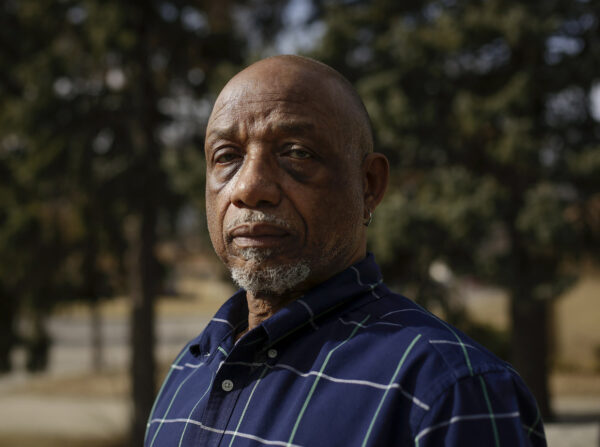
Wisconsin
Oct 2024
Criminal Law Reform
Racial Justice
Collins et al. v. The City of Milwaukee et al.
On February 21, 2017, the ļž–” ”∆Ķ, the ļž–” ”∆Ķ of Wisconsin, and the law firm of Covington & Burling LLP filed a class-action lawsuit against the City of Milwaukee in the U.S. District Court for the Eastern District of Wisconsin. This lawsuit challenged the Milwaukee Police Department‚Äôs unconstitutional stop-and-frisk program that targeted tens of thousands of people without reasonable suspicion of criminal activity, primarily driven by racial profiling.
Explore case
Wisconsin
Oct 2024

Criminal Law Reform
Racial Justice
Collins et al. v. The City of Milwaukee et al.
On February 21, 2017, the ļž–” ”∆Ķ, the ļž–” ”∆Ķ of Wisconsin, and the law firm of Covington & Burling LLP filed a class-action lawsuit against the City of Milwaukee in the U.S. District Court for the Eastern District of Wisconsin. This lawsuit challenged the Milwaukee Police Department‚Äôs unconstitutional stop-and-frisk program that targeted tens of thousands of people without reasonable suspicion of criminal activity, primarily driven by racial profiling.
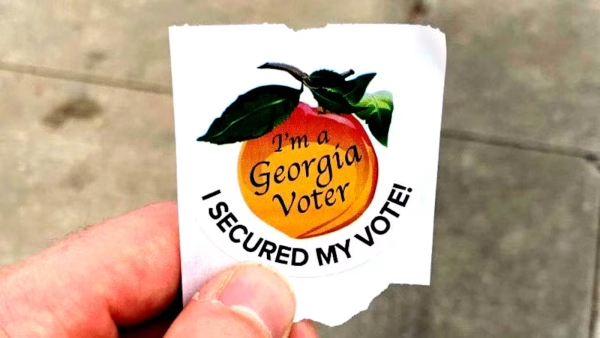
Georgia
Oct 2024
Voting Rights
Heimel v. Gregg
The ļž–” ”∆Ķ and partners intervened in a lawsuit that sought to illegally disenfranchise hundreds of Oconee County voters on the eve of the November 5 election. The Oconee lawsuit is just one in a wave of similar attempts by election vigilantes across the state to indiscriminately purge voters from the voter rolls in violation of the law.
Explore case
Georgia
Oct 2024

Voting Rights
Heimel v. Gregg
The ļž–” ”∆Ķ and partners intervened in a lawsuit that sought to illegally disenfranchise hundreds of Oconee County voters on the eve of the November 5 election. The Oconee lawsuit is just one in a wave of similar attempts by election vigilantes across the state to indiscriminately purge voters from the voter rolls in violation of the law.
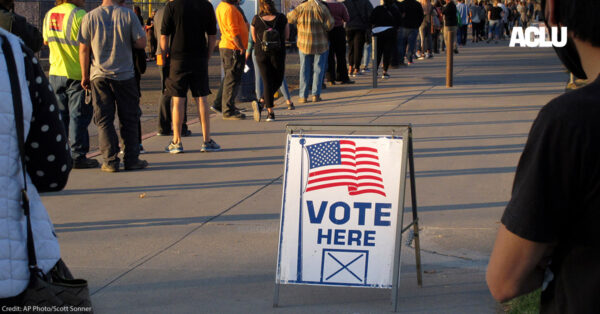
Georgia
Oct 2024
Voting Rights
Quinn v. Raffensperger
The ļž–” ”∆Ķ, along with several partner organizations, have sought to intervene in this case to represent the rights of voters and voting-rights organizations in a case that asks a federal court to compel the state to conduct list maintenance and move voters to the inactive list on the eve of a presidential election. The relief that the private plaintiffs seek is presumptively unlawful because this list maintenance activity would happen within 90 days of a federal election, in violation of the National Voter Registration Act (‚ÄúNVRA‚ÄĚ).
Explore case
Georgia
Oct 2024

Voting Rights
Quinn v. Raffensperger
The ļž–” ”∆Ķ, along with several partner organizations, have sought to intervene in this case to represent the rights of voters and voting-rights organizations in a case that asks a federal court to compel the state to conduct list maintenance and move voters to the inactive list on the eve of a presidential election. The relief that the private plaintiffs seek is presumptively unlawful because this list maintenance activity would happen within 90 days of a federal election, in violation of the National Voter Registration Act (‚ÄúNVRA‚ÄĚ).

Court Case
Oct 2024
Immigrants' Rights
Detention and Deportation Infrastructure FOIA Cases
Every year, ICE and other federal agencies spend billions of taxpayer dollars on a system to detain and deport immigrants. The people detained in this system face persistent medical neglect, abuse, and other violations. President Trump has threatened to dramatically expand this system, which will multiply the harms it causes. We’ve sued to obtain information about how this system operates so that we are better prepared to defend immigrants whose rights are under attack.
Explore case
Court Case
Oct 2024

Immigrants' Rights
Detention and Deportation Infrastructure FOIA Cases
Every year, ICE and other federal agencies spend billions of taxpayer dollars on a system to detain and deport immigrants. The people detained in this system face persistent medical neglect, abuse, and other violations. President Trump has threatened to dramatically expand this system, which will multiply the harms it causes. We’ve sued to obtain information about how this system operates so that we are better prepared to defend immigrants whose rights are under attack.

Puerto Rico
Oct 2024
Voting Rights
Espíritu v. Comisión Estatal de Elecciones
Whether Puerto Rico’s voter-registration deadline should be extended from 45 days before the November 2024 general election to 30 days, given that well-reported problems like power outages have unfairly prevented thousands from successfully registering to vote.
Explore case
Puerto Rico
Oct 2024

Voting Rights
Espíritu v. Comisión Estatal de Elecciones
Whether Puerto Rico’s voter-registration deadline should be extended from 45 days before the November 2024 general election to 30 days, given that well-reported problems like power outages have unfairly prevented thousands from successfully registering to vote.
